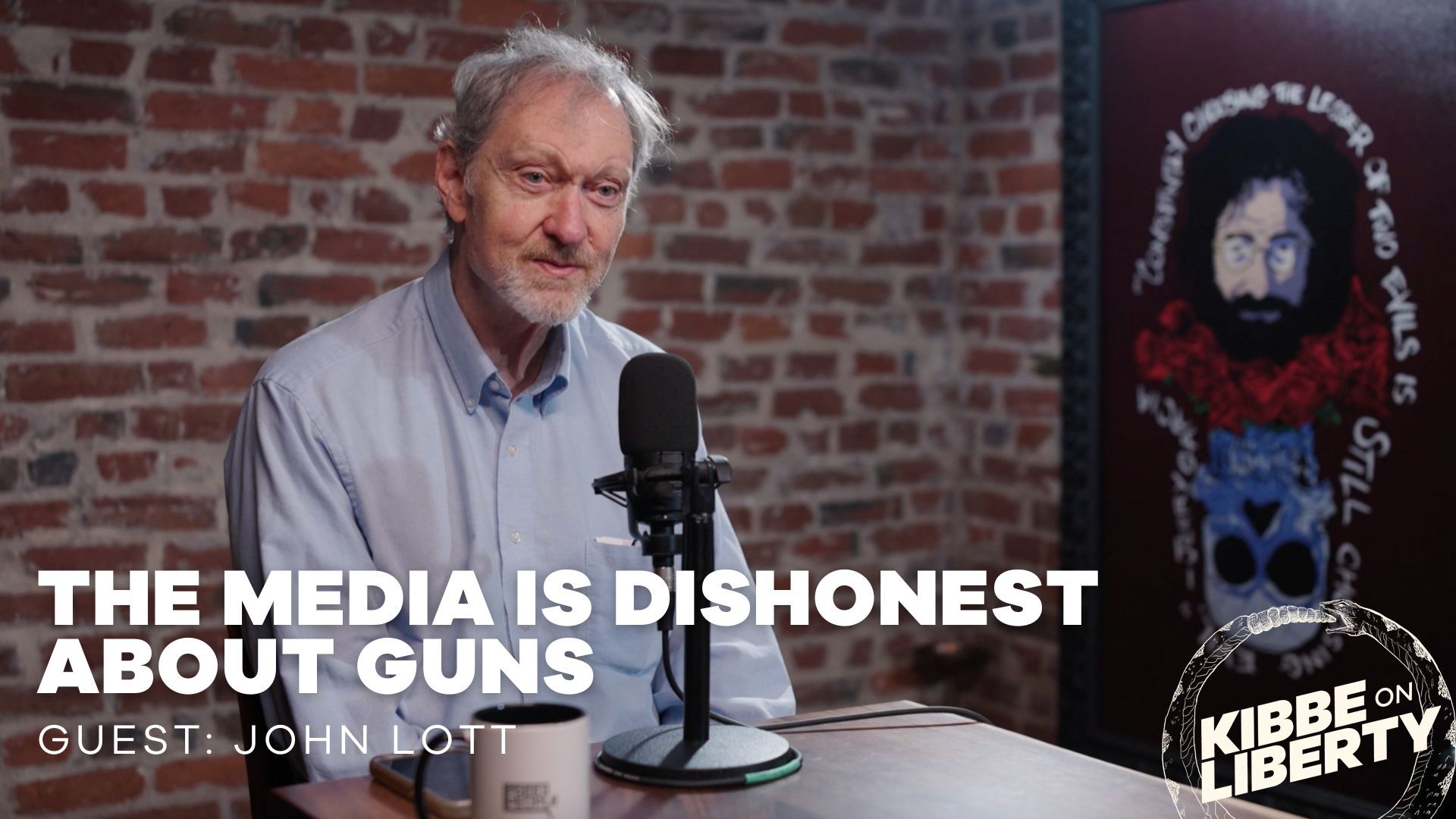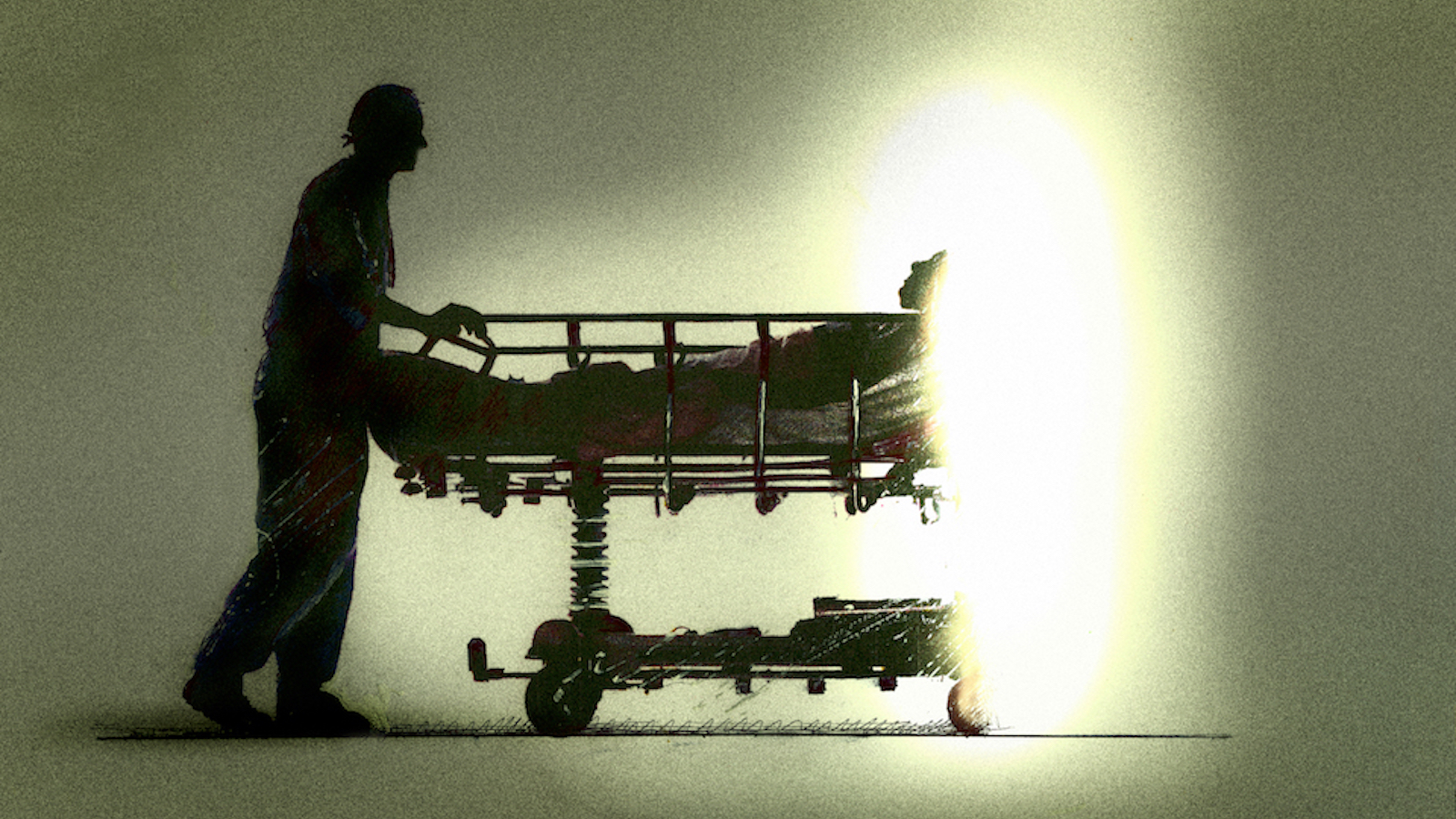
What Does ObamaCare Have in Common with Gun Control
If your policy is so good, why does it need to be mandatory? This is the question people have been asking about Obamacare since its inception. The question bears even more relevance today, as new documents uncovered by Judicial Watch reveal that the IRS spent $5 million of taxpayer money trying to pressure people to purchase health insurance through Obamacare exchanges.
This is kind of strange when you think about it. Obamacare was premised on the notion that everybody wants and needs health insurance. It followed this up, rather paradoxically, by legally requiring everyone to buy it (something that should be unnecessary if the premise was true.) Then, when the mandate failed to motivate enough people to sign up, the administration ran ad campaigns to drive signups. Why was this so hard?
The short answer is that people don’t like being told what to do, and that their preferences and priorities don’t necessarily line up with those of the president.
The law can be used to punish people who transgress against society’s rules, but using laws to try to direct behavior largely doesn’t work. Among those who turn to government for the solution to every problem, there is apparently a belief that a government mandate will magically result in 100 percent compliance, and that a government ban will make the offending objects vanish overnight.
But laws don’t work like that. People don’t always do what they’re told, and even if you make defying the law inconvenient, people are going to find a way to do what they want.
These are the lessons America has refused to learn both from the War on Drugs and gun control. In the 1920s, people thought that outlawing alcohol would stop people from drinking it. Instead, prohibition institutionalized organized crime and bootlegging. The War on Drugs repeated the exact same mistake, with even worse consequences.
Now, fear and the desire for a mythical safety that doesn’t exist is leading calls to crack down on gun ownership. There’s just one problem: Banning guns doesn’t stop people from having them. The old saying “if guns are outlawed, only outlaws will have guns” is true by definition. All that prohibition accomplishes is creating criminals out of thin air.
Just as mandating health insurance coverage doesn’t induce people to sign up if it’s not in their interests, banning guns won’t stop the people who want them from getting them. We may all wish that violent technology had never come into existence in the first place, but once the genie is out of the bottle, you can’t uninvent guns. And as long as they exist, you can’t stop a determined madman from getting them.
Gun control might make us feel safer, but that feeling is only an illusion — a fiction we tell ourselves to make sense of a chaotic world.
Fiction shouldn’t guide public policy. Reality, as difficult as it is to face sometimes, is always preferable. Obamacare was passed because voters and politicians alike believed the fiction that you can make people healthier through the force of law.
Gun control relies on the similar fiction that we can prevent tragedy with self-righteous legislation from Washington. Neither have ever been true, and neither will make life better for America’s citizens.
This article originally appeared on Conservative Review.
Free the People publishes opinion-based articles from contributing writers. The opinions and ideas expressed do not always reflect the opinions and ideas that Free the People endorses. We believe in free speech, and in providing a platform for open dialogue. Feel free to leave a comment.



